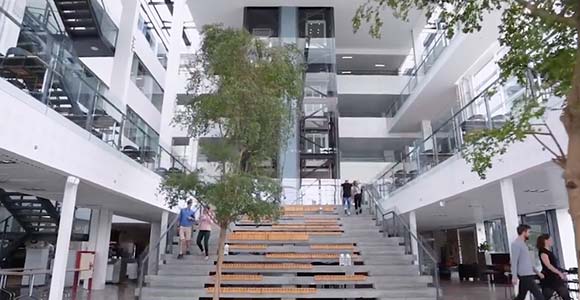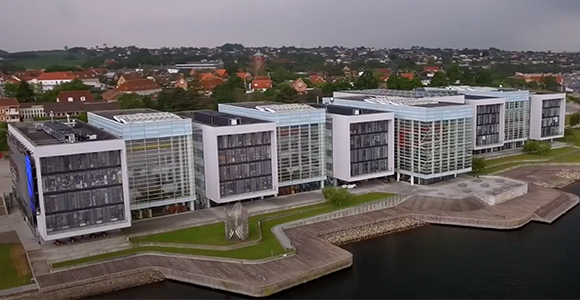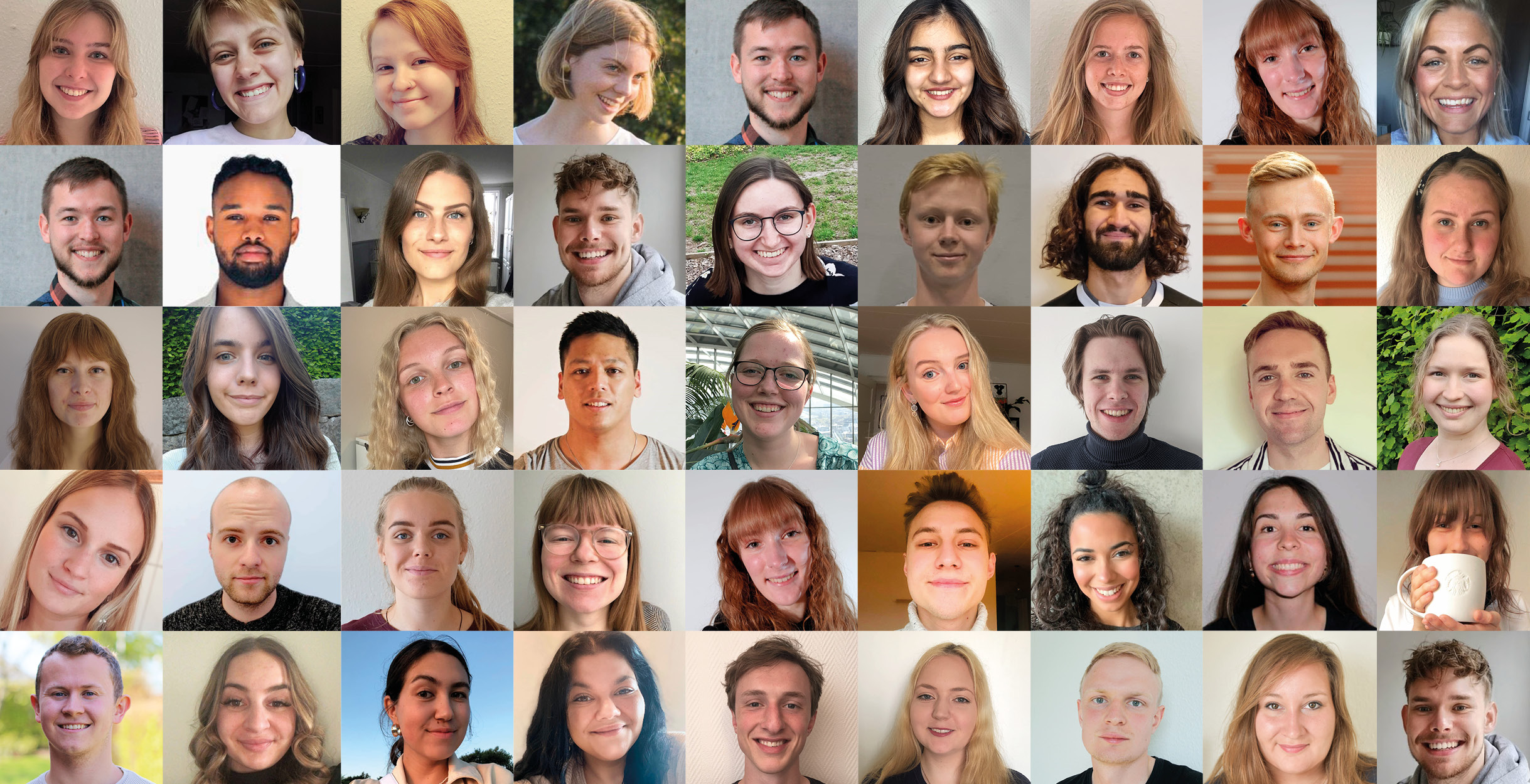About the programme
A Physics and Technology engineer combines the best of two worlds: the drive of a physicist to understand the basic principles of how the world works and the drive of an engineer to find new technological solutions to the challenges of our society. Some of the main challenges of today are related to energy and climate, and the solutions are in many cases related to the intelligent use of materials.
In this programme you will obtain specialist skills in areas such as design, modeling, fabrication, and analysis of functional materials. This academic profile is a fast-track to employment since it combines fundamental knowledge of materials with an application-oriented mindset. Here, applications include a wide range from advanced sensor technology for medical diagnosis or food analysis to the development of improved renewable energy sources.
Advanced materials for the products of future
Many advanced technologies are based on a profound understanding of the underlying materials and the ability to tailor their properties for a given application. With the increased emphasis on sustainable production and circular economy combined with the emerging possibilities of AI based design approaches, this is becoming even more important when developing the products of the future. A remarkable example is the production of a new generation of solar cells that are made from plastics using only a fraction of the energy and materials needed for production of conventional solar cells.
In this master programme you build on your already strong foundation in physics, technology, and mathematics and you obtain deep knowledge of materials science and technology. This includes topics such as materials modeling and simulation, advanced characterization and reliability, as well as materials processing and device fabrication. In addition, you acquire expertise in measuring and analyzing signals – with high relevance for, e.g., development of highly sensitive sensors combined with intelligent data analysis. These and other subjects enable you to work interdisciplinary in a rapidly changing high-tech world with challenges in academic frontier areas.
Read more about the structure of the programme.
Project and research-based learning environment
You become part of a collaborative study environment where you work in groups with your fellow students. You will work on projects that are often connected to companies, and we emphasize the importance of working on ‘real-world’ problems already during your studies. Moreover, you will be taught and supervised directly by the researchers that are making a difference in this field and you will be able to connect to the ongoing research activities as part of your education.
Job opportunities
With a degree in Physics and Technology you will have a range of job opportunities – in Denmark and abroad. Physics and Technology engineers often work in high-tech companies or at universities as a researcher or developer in areas of, e.g., materials engineering, renewable energy, sensor technology, computer modelling or nanoscience and technology. It is also possible to continue with a three-year research programme, which will lead to a PhD degree. Another option is to participate in an industrial PhD programme, which is carried out in close collaboration between the university and a company.
Read more about the career options.
You can also continue with a 3-year research training programme, which leads to a PhD. For graduate engineers there is also the option to carry out an industrial PhD programme, which is conducted in close collaboration with a company where you will be employed.
That is why you should study...
- You will learn how to develop materials and technologies of and for the future
- You will face excellent career opportunities
- You will develop innovative solutions in inspiring teams




